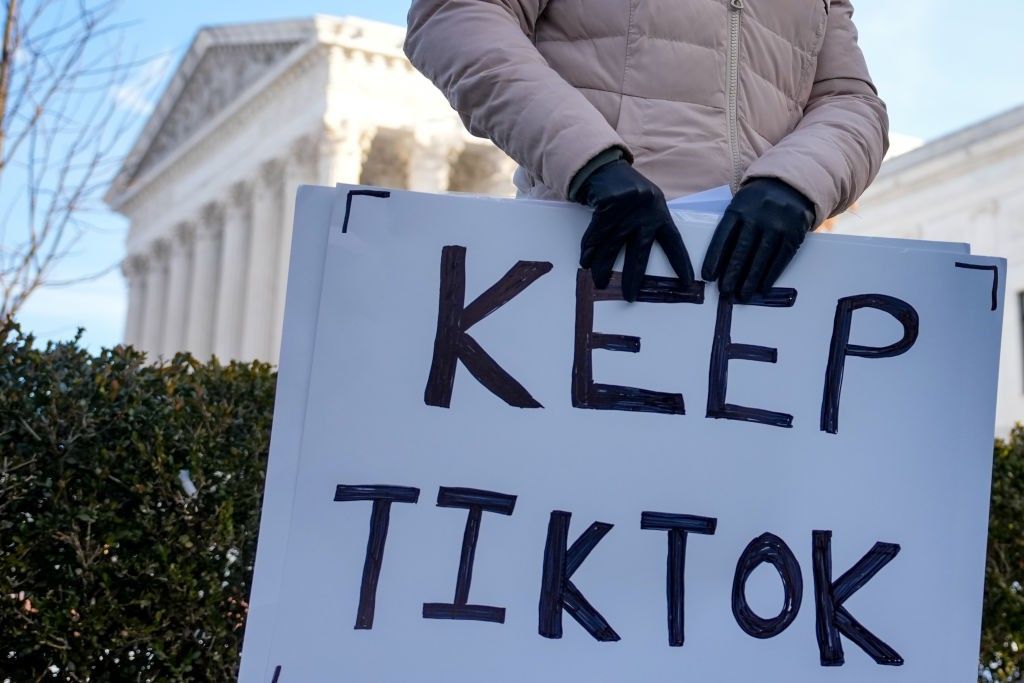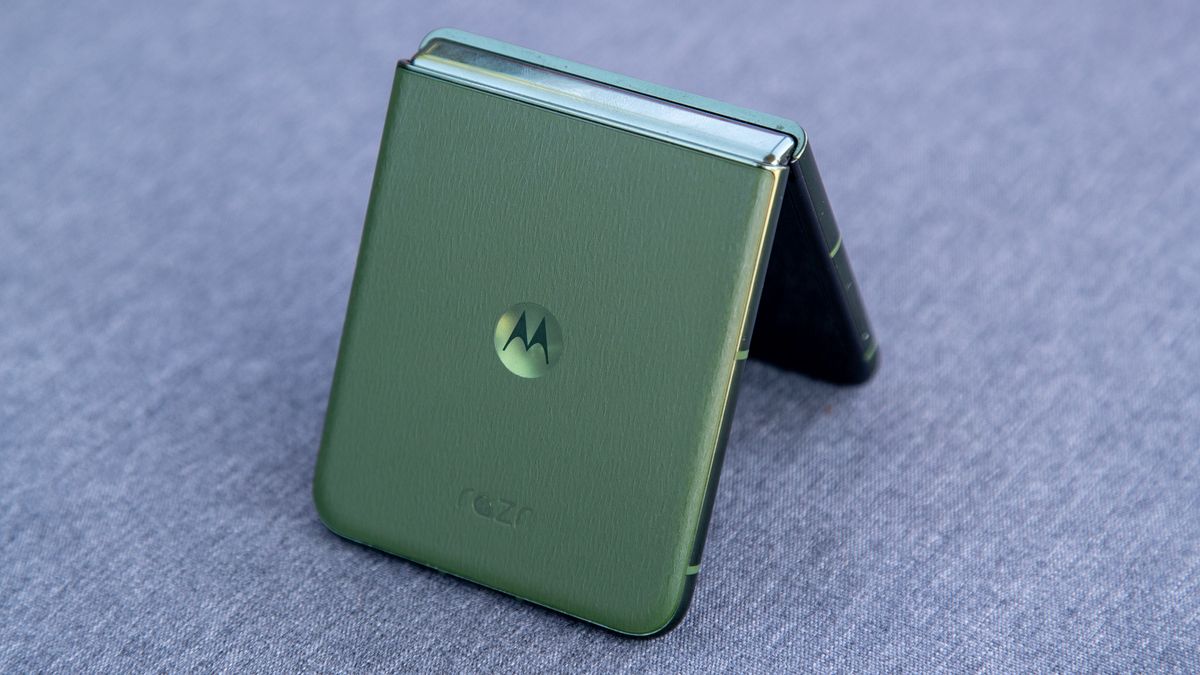US President Joe Biden‘s decision to end his re-election campaign on Sunday followed a series of strategic missteps by his campaign team and White House aides that amplified concerns that the 81-year-old wouldn’t be able to win in Nov’s , or run the country for another four years.
Biden’s halting performance at the June 27 debate against Republican candidate Donald Trump, pushed even some of his closest allies to question his fitness.Within days, Biden went from the party’s figurehead to a liability. He became the first sitting prez to stand down from a possible reelection since Lyndon B. Johnson in 1968.
Debate coup: April to June
Biden himself set the debate in motion, after he told radio show host Howard Stern in April that he’d debate Trump, despite worries from some of his Democratic allies that a debate might cast an unflattering light on him. Some Biden aides thought they had scored a coup in agreeing to a June debate. They worked with broadcaster CNN to shape the rules in what they thought was their favour and agreed on May 15 to two debates, including the first on June 27. An earlier debate would serve Biden well, some aides thought, convincing voters that there was no other anti-Trump option in the race.
Jet lag: June 4 to 27
Biden flew to Europe twice and to the West Coast over a 14-day period before taking just a few days to rest at his vacation home in Delaware. Biden was tired and dragging by the end of the travel. He and his aides headed to Camp David for focused prep sessions on June 21, where they held mock debates for the better part of 7 days.
A bad night: June 27
In CNN’s Atlanta studios, Biden stumbled over his words and lost his train of thought. His delivery, appearance and voice drew the immediate attention of reporters, who asked his aides for an explanation. Officials told reporters as the debate was underway that Biden was sick with a cold. His hoarseness would improve as the debate went on but his disjointed answers took voters, donors and Democratic officials by surprise. One Democratic strategist called it “a disaster”.
Fallout: June 27 to July 2
Calls for Biden to step down would start in the hours after the debate. “I know I’m not a young man, to state the obvious,” Biden said the day after the debate, admitting a poor performance. “Nearly fell asleep on stage,” he said on July 2. Some lawmakers started to break ranks, starting with US representative Lloyd Doggett on July 2, and then gathering steam.
Angry donors told Biden’s aides they would need to see a turnaround in the candidate’s performance. Representative Jim Clyburn – a kingmaker of sorts within the Democratic Party who was instrumental in Biden’s 2020 win – said on July 2 that he would back vice-prez Kamala Harris if Biden did depart and suggested the idea of a “mini-primary” if Biden stepped aside.
The dam breaks: July 5 to 8
Biden would fail to quiet the chorus of dissent. In his first major interview after the debate, on July 5, Biden said only the “Lord Almighty” could cast him from the race. Thirty-six Democratic US lawmakers and one independent who caucuses with the Democrats would ultimately call for Biden to step off the ticket over the 24 days that followed the debate.
Nato, Polls: July 9 To 12
At the Nato summit during the second week of July, Biden mixed up the names of his vice-prez Harris and his Republican rival Trump, and those of Ukrainian Prez Volodymyr Zelensky and Russian Prez Putin. Polls showed Biden trailing other Democrats in many of the key states and districts Democrats need to win in Nov.
Trump shooting: July 13
Trump was shot while giving a speech in Pennsylvania. The bullet grazed his ear, bloodied his face, and photos of the former prez holding up his fist in defiance were shown widely. Republicans spoke of divine providence, unifying around their candidate. Democrats worried if their own chances were cursed, seeing only a narrower path to any victory in Nov. Days later, Biden got Covid while campaigning in Nevada. Recuperating at his Delaware home, he would be left with time, alone and in isolation, to decide whether and how to end his campaign.
Biden’s halting performance at the June 27 debate against Republican candidate Donald Trump, pushed even some of his closest allies to question his fitness.Within days, Biden went from the party’s figurehead to a liability. He became the first sitting prez to stand down from a possible reelection since Lyndon B. Johnson in 1968.
Debate coup: April to June
Biden himself set the debate in motion, after he told radio show host Howard Stern in April that he’d debate Trump, despite worries from some of his Democratic allies that a debate might cast an unflattering light on him. Some Biden aides thought they had scored a coup in agreeing to a June debate. They worked with broadcaster CNN to shape the rules in what they thought was their favour and agreed on May 15 to two debates, including the first on June 27. An earlier debate would serve Biden well, some aides thought, convincing voters that there was no other anti-Trump option in the race.
Jet lag: June 4 to 27
Biden flew to Europe twice and to the West Coast over a 14-day period before taking just a few days to rest at his vacation home in Delaware. Biden was tired and dragging by the end of the travel. He and his aides headed to Camp David for focused prep sessions on June 21, where they held mock debates for the better part of 7 days.
A bad night: June 27
In CNN’s Atlanta studios, Biden stumbled over his words and lost his train of thought. His delivery, appearance and voice drew the immediate attention of reporters, who asked his aides for an explanation. Officials told reporters as the debate was underway that Biden was sick with a cold. His hoarseness would improve as the debate went on but his disjointed answers took voters, donors and Democratic officials by surprise. One Democratic strategist called it “a disaster”.
Fallout: June 27 to July 2
Calls for Biden to step down would start in the hours after the debate. “I know I’m not a young man, to state the obvious,” Biden said the day after the debate, admitting a poor performance. “Nearly fell asleep on stage,” he said on July 2. Some lawmakers started to break ranks, starting with US representative Lloyd Doggett on July 2, and then gathering steam.
Angry donors told Biden’s aides they would need to see a turnaround in the candidate’s performance. Representative Jim Clyburn – a kingmaker of sorts within the Democratic Party who was instrumental in Biden’s 2020 win – said on July 2 that he would back vice-prez Kamala Harris if Biden did depart and suggested the idea of a “mini-primary” if Biden stepped aside.
The dam breaks: July 5 to 8
Biden would fail to quiet the chorus of dissent. In his first major interview after the debate, on July 5, Biden said only the “Lord Almighty” could cast him from the race. Thirty-six Democratic US lawmakers and one independent who caucuses with the Democrats would ultimately call for Biden to step off the ticket over the 24 days that followed the debate.
Nato, Polls: July 9 To 12
At the Nato summit during the second week of July, Biden mixed up the names of his vice-prez Harris and his Republican rival Trump, and those of Ukrainian Prez Volodymyr Zelensky and Russian Prez Putin. Polls showed Biden trailing other Democrats in many of the key states and districts Democrats need to win in Nov.
Trump shooting: July 13
Trump was shot while giving a speech in Pennsylvania. The bullet grazed his ear, bloodied his face, and photos of the former prez holding up his fist in defiance were shown widely. Republicans spoke of divine providence, unifying around their candidate. Democrats worried if their own chances were cursed, seeing only a narrower path to any victory in Nov. Days later, Biden got Covid while campaigning in Nevada. Recuperating at his Delaware home, he would be left with time, alone and in isolation, to decide whether and how to end his campaign.
















![Ep266: [Lean Series] How to Plan a Responsible Fat Loss Phase Ep266: [Lean Series] How to Plan a Responsible Fat Loss Phase](https://carrotsncake.com/wp-content/uploads/2024/06/Carrots-N-Cake-VIP-Nutrition-Coaching-768x1040.jpeg)
.jpg)



Discussion about this post